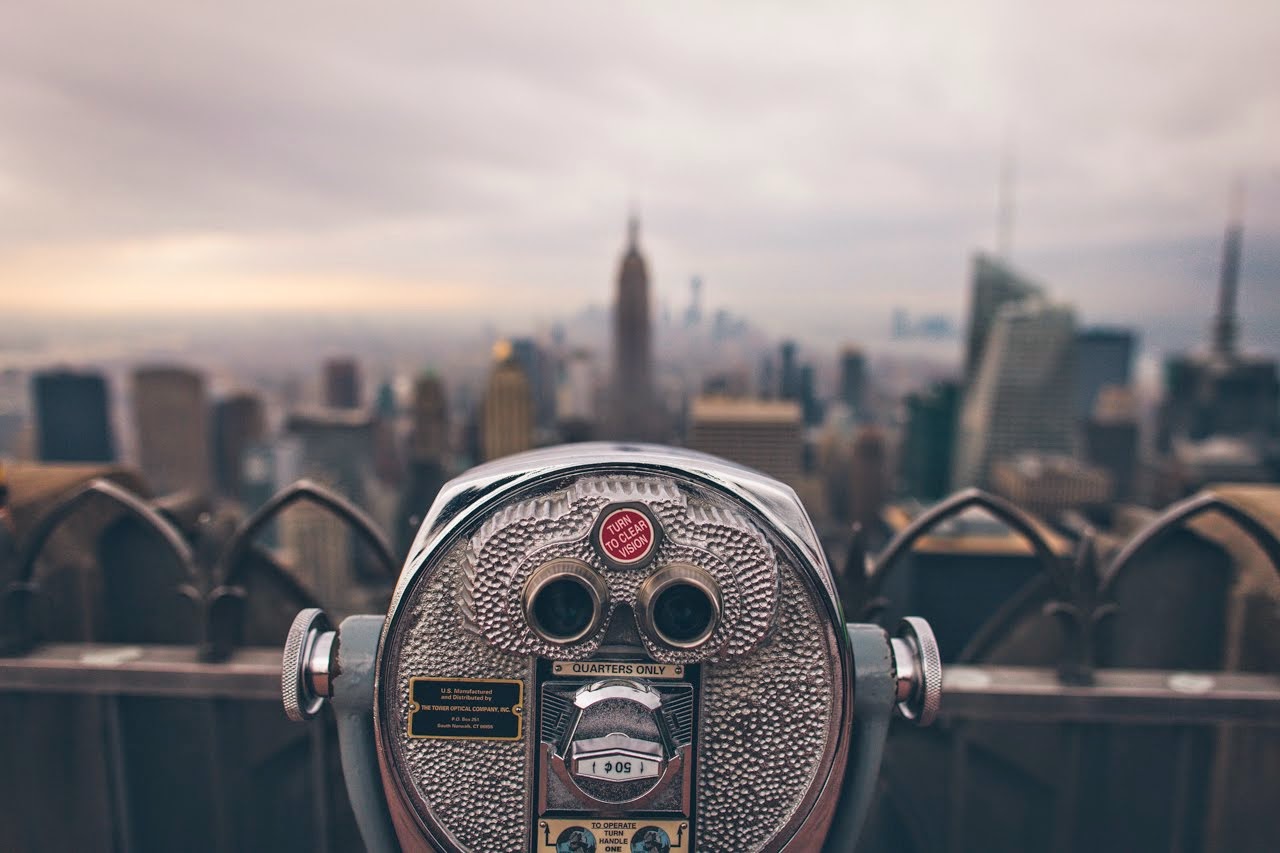It's almost the last minute of the last hour of the last day of the last year of emotional belittling and oppression of individuality. That's right..I'm almost done with high school!!!
Myth or Fact? MYTH.
Myth or Fact? FACT.
Myth or Fact? MYTH.
Myth or Fact? FACT....but myth too.
Three. More. Days.
Despite my constant negative descriptions, and bad stereotypes, high school isn't that much of a hell hole. Actually what made it so bad was the perception and the paranoia that it's going to be bad. Before I'd even walked in, I had a detailed knowledge of high school cliques and I'd heard about "peer pressure" and all those parent-buzz-words. Movies, and parents; they make being a teenager look soo hard (Trust me, Mean Girls is a gross exaggeration).
So I've decided to myth-bust some umm...myths I guess.
Main occupation: judging.
Myth or Fact? MYTH.
I think the problem in high school is more of an inferiority complex. You don't get judged unless you judge others. One really curious thing about high school is that no one really wants to start a fight; unless you make a public spectacle of yourself, no one really "picks" on you, or even judges you. Most people who are judged in high school are the ones who judge others themselves, or the ones who think they're being judged. There are a couple people who just imagine that everyone's watching them, and all those whispers about them. But really, no. Unless you are queen bee, no one turns a head for anyone outside their friend circle (a.k.a clique).
Cliques Exist.
Myth or Fact? FACT.
Yes. The age-old story of Popular Girls, Jocks, Nerds, Transfer students etc. etc. is true. Maybe it isn't as obvious as whole cafeteria being divided up (okay maybe it is), but it's a fact of life. Cliques show that friends are made based on mutual tastes and interests. Some look-oriented cliques (like the popular doll-like girls) may look alike, but most cliques are just groups of friends who are interested in the same things. Ever since the great Tumblr Hipster Revolution, each clique has been owning their umm...things ('things' is such a descriptive word). The nerds now have meetings at the library with pride, while the drama geeks conspicuously hang out outside the theater. And you know what? They all seem to be having fun! Let the cliques be.
Everyone in each clique is different; they're only joined by a shared interest. Each individual brings something unique to their group. You don't have to fit in anywhere, you just have to find a place where people most appreciate you...
The Popular Girl has little minions following her.
Myth or Fact? MYTH.
I do believe in the queen bee who's at the head of the high-school food chain (I shouldn't call it that, I really shouldn't). That one girl who's got Hollywood-looks, the perfect outfits, the loudest (but not in the least embarrassing) laugh, and the large group of equally-happy-go-lucky friends. What I don't believe in is the pair of dumb wannabes always following her around. Yes, everyone around her do seem to be incredibly obsequious but their wannabe-ness isn't as obvious as it is in the movies. Actually, the two closest to the queen bee are kinda queen bees themselves; there isn't just one queen bee- there're two, sometimes three. Each girl a different kind of funny, social, beautiful, and kind (yes, kind. One other unmentioned feature of popular people is that they're always nice -sometimes fakely so- that's how they get popular.)
Crazy, drunken parties with drugs and sex!
Myth or Fact? FACT....but myth too.
I don't know about this one. High School parties are a fact, but they aren't as bad as they sound. Really (You can take my word, I hate people; hence, I hate parties). I'm not saying that high schoolers don't have sex, or don't smoke, or don't drink; I'm just saying that not all of them do all of those things. Parties have drugs, and they have stolen (from parents) beer, but that's not everything about them. It's much easier to talk to someone new at a party than on a hallway at school. They're a pretty cool extra feature which do have their crazy people. Overall, movies and everyone else make parties sound absolutely ridiculous. I don't know if it isn't done that way anymore but no one gets stoned and drunk at the same time anymore (source: random 80's rom-com).
What I'm trying to say is that high school wasn't as bad as I made it sound. Everytime I'd whine on here about how much I hated high school (yeah, I did that), I'd get encouraging comments about high school being hell, and how everything gets better after. I'm hoping that all those people were right. But I also think they were wrong about high school being hell. It's been...well, it been different; I got a chance to question myself about myself here. I'm going to miss being cynical and condescending; I'm going to miss rolling my eyes and questioning the education system. I'm going to miss being here.







